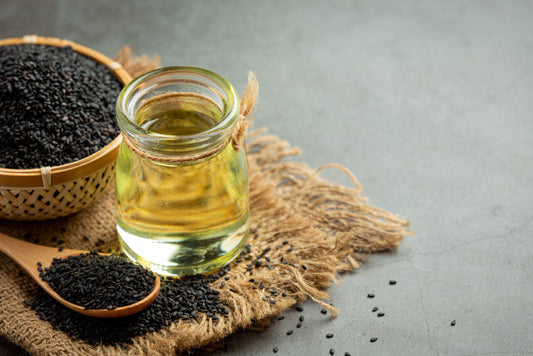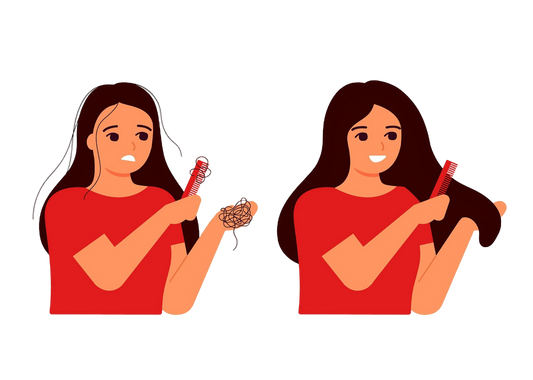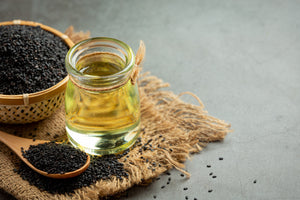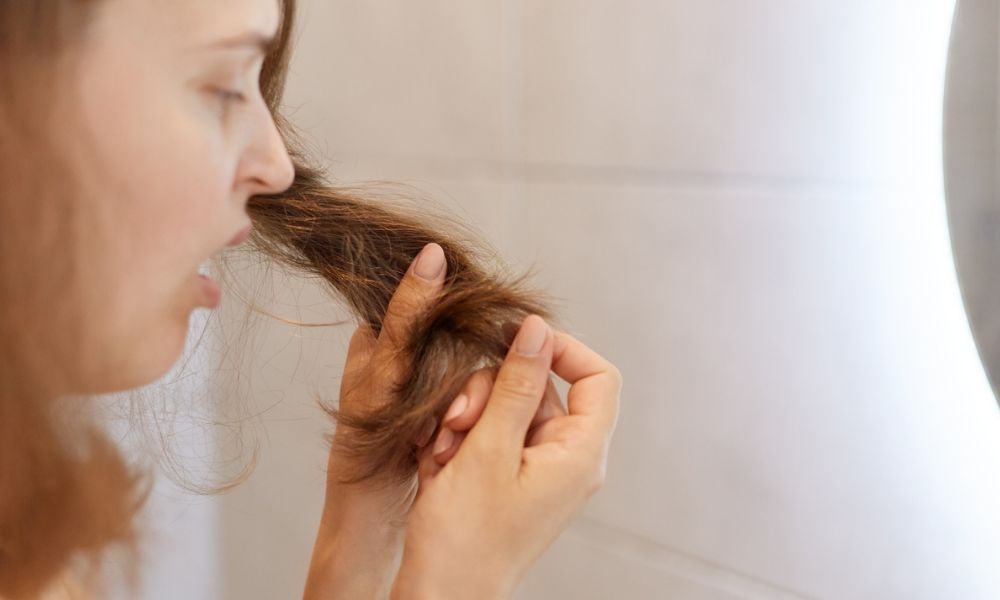Articles
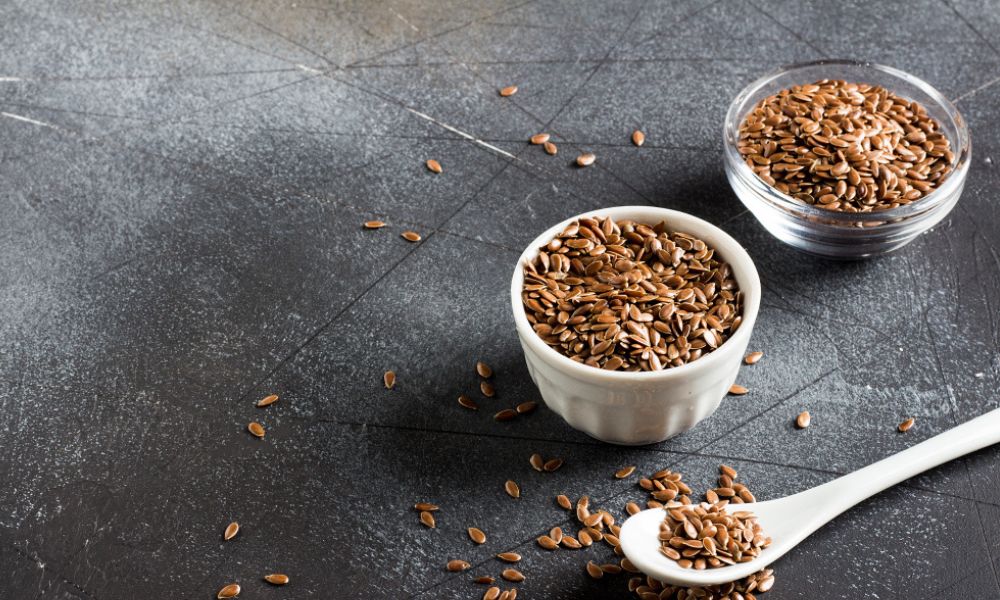
Skin Care
Is Flaxseed a DHT Blocker ?
DHT, or dihydrotestosterone, is a hormone derived from testosterone. It plays a significant role in male pattern baldness. By binding to hair follicles, DHT can shrink them, leading to thinner, weaker hair and eventually hair loss.
Flaxseed: A Potential DHT Blocker?
Flaxseed has garnered attention as a potential DHT blocker. It's rich in lignans, compounds with antioxidant properties. Some studies suggest that lignans might help reduce DHT levels.
However, it's important to note that the research on flaxseed and DHT is limited. While it shows promise, more conclusive studies are needed to establish flaxseed as a reliable DHT blocker.
How Does Flaxseed Work?
The exact mechanism by which flaxseed might block DHT is not fully understood. It's theorized that the lignans in flaxseed can interfere with the enzyme responsible for converting testosterone into DHT.
Including Flaxseed into Your Diet
If you're considering flaxseed as part of your hair loss management strategy, you can incorporate it into your diet in several ways:
- Ground Flaxseed: This form is easily digestible and can be added to smoothies, yogurt, or baked goods.
- Flaxseed Oil: This can be added to salads or used as a cooking oil. Other DHT Blockers and Hair Loss Prevention.
While flaxseed shows potential, it's essential to explore other options for managing DHT and hair loss. These may include:
- Lifestyle Factors: Maintaining a healthy weight, managing stress, and getting adequate sleep can contribute to overall hair health.
- Medical Treatments: Consult a healthcare professional to discuss potential medical treatments like minoxidil or finasteride.
- Dietary Changes: Incorporate other DHT-blocking foods like green tea, pumpkin seeds, and spinach into your diet.
Conclusion
Flaxseed is a promising natural option for those seeking to manage DHT levels and potentially slow hair loss. However, it's crucial to approach it as part of a comprehensive hair care regimen. Consulting with a healthcare professional is recommended for personalized advice.
Remember: Individual responses to flaxseed may vary. It's essential to monitor your hair health and adjust your approach accordingly.

 Doctor Consultation
Doctor Consultation


